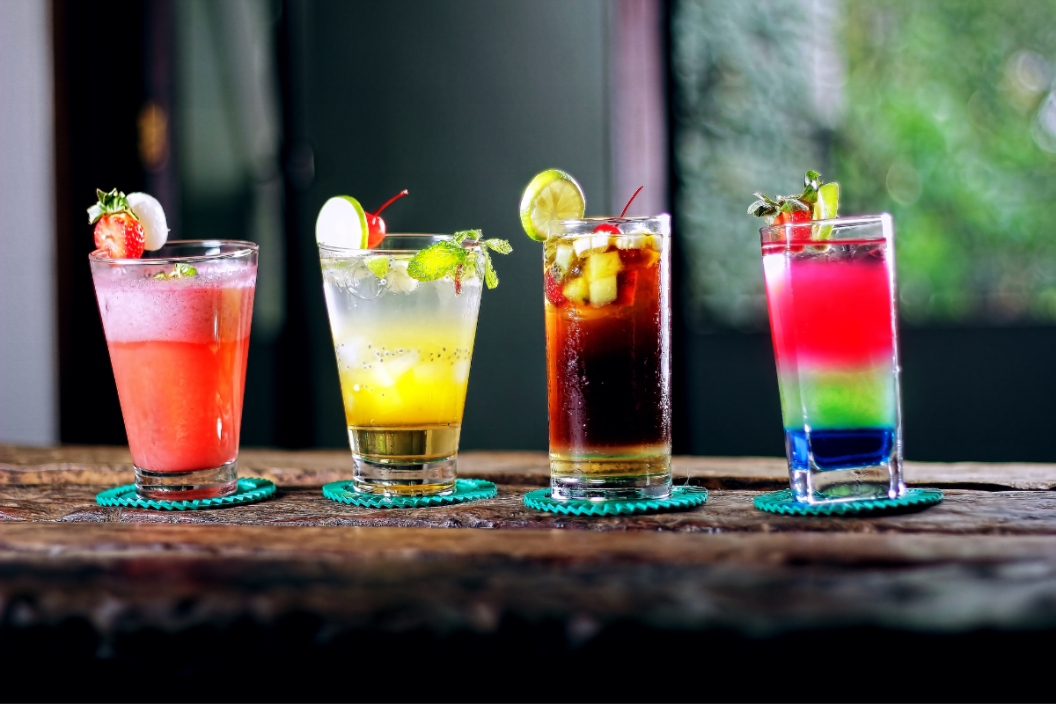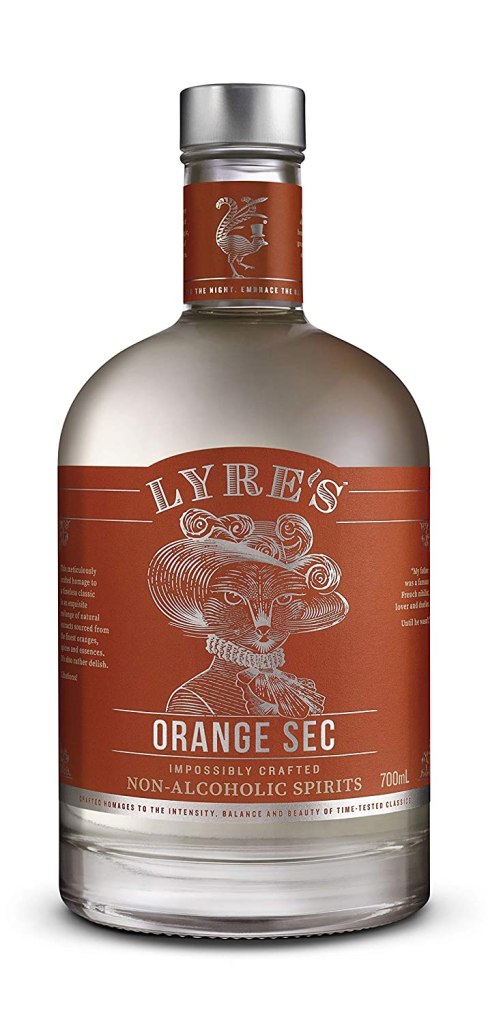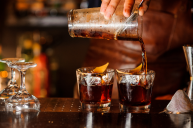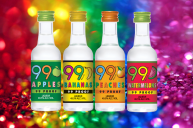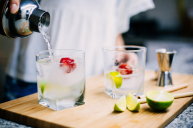If you've ever experimented with mixology or dabbled in bartending, you've had a glimpse into the complex world of cocktails and alcoholic drinks. The more you delve into it, the more you learn the specifics of different drinks and techniques. One piece of knowledge that can be confusing to the onlooker is the difference between liquor and liqueur. While they sound almost interchangeable, there are some key differences between these two types of alcohol that are not to be overlooked!
Videos by Wide Open Country
Liquor vs Liqueur
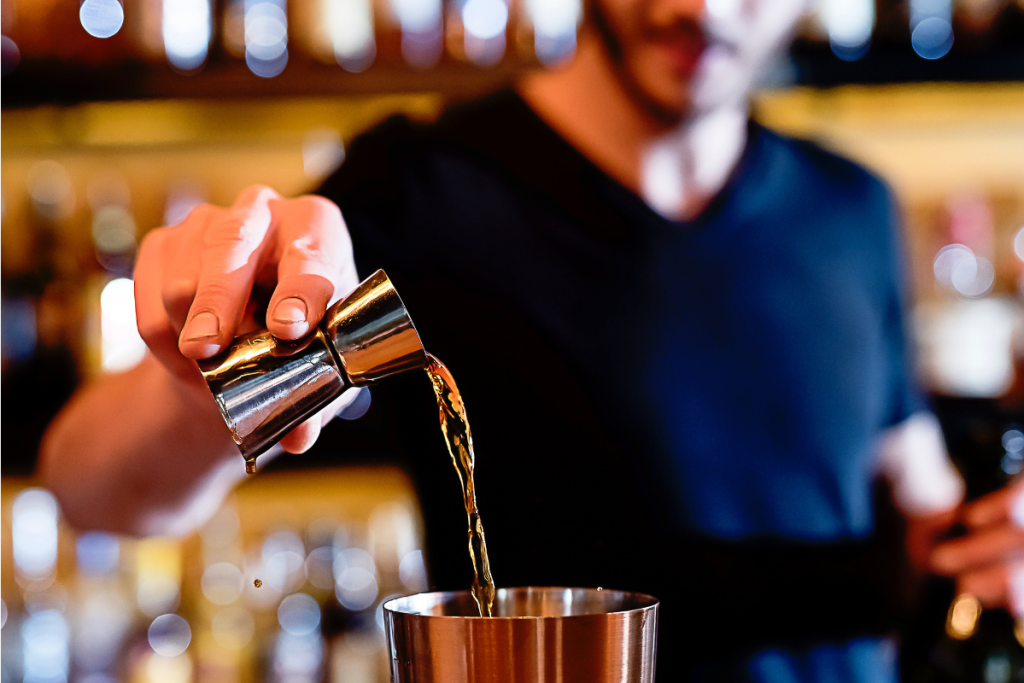
One main difference is how liquor and liqueur are used; while liquors are typically the base of an cocktail or mixed drink, liqueurs are employed as extra flavoring in alcoholic beverages. However, both are also sometimes imbibed on their own. Another distinction is that liqueurs are typically sweet, while liquors are not. However, liquors are often sold in different flavors, like peach vodka, in which case they would be sweet due to the flavoring.
What Makes it Liquor?
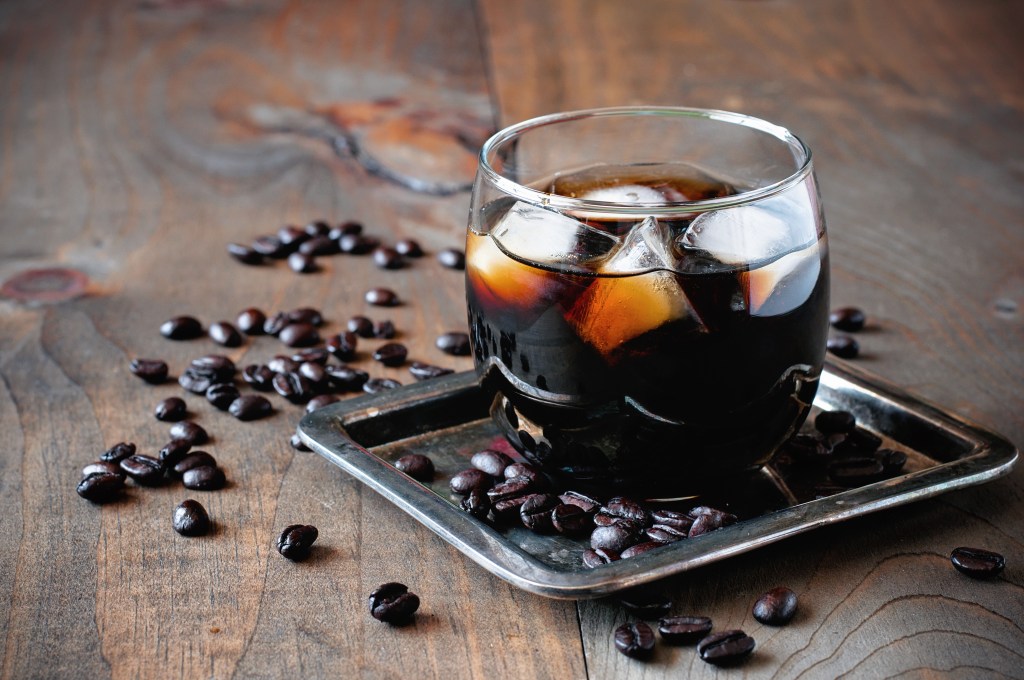
Liquor is made by fermenting plants or grains, causing them to become alcoholic. The history of fermenting plants to create alcohol goes back to ancient times, ever since Egyptians began stomping on grapes, letting them ferment and then drinking the liquid produced! The fermentation process for each type of alcohol is different, but it always involves sugar and a plant or grain.
In North America, hard liquor is used to describe distilled alcoholic drinks rather than non-distilled drinks. In the UK, the term spirits or distilled spirits is used. The six main types of liquor are brandy, gin, rum, tequila, vodka and whiskey. After fermentation, liquor goes through the distillation process. This purifies the liquid and dilutes water and other components, increasing the liquor's alcohol content.
Different liquors have varying percentages of alcohol by volume or ABV, which is why some cause a stronger, faster buzz than others. When it comes to liquor vs liqueur, liquors usually have a higher ABV than liqueurs. Liquors can be enjoyed in mixed drinks and fancy cocktails such as a Manhattan, margarita or gin and tonic. They are also popular on their own, which is called neat or on the rocks, or taken in the form of a shot. Tequila shots are one of the most popular, usually taken with salt and a lime to make it go down easier.
How About Liqueur?
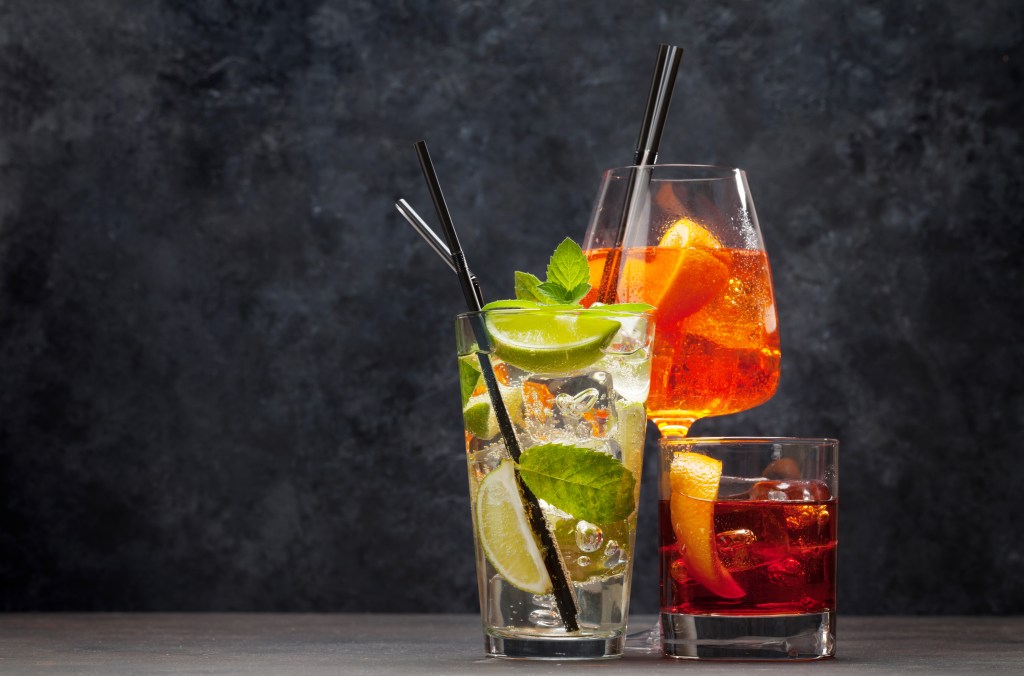
When finding differences between liquor and liqueur, it's important to note that liquor is typically the base spirit of a drink, while liqueurs are an addition, often what makes a cocktail sweet and flavorful. Liqueurs are spirits that have been flavored with sweeteners, extracts and oils, and many cocktail recipes use them to make sweet, tasty cocktails of all flavors and colors.
Liqueurs have a long history, and some have been used for centuries as medicine. The liqueurs Benedictine and Chartreuse were originally created by Monks as treatment for various afflictions. Liqueurs, also known as cordials, typically have a lower ABV than liquors.
Liqueurs are a central ingredient in many fancy classic cocktails, and they come in all varieties. Some of the most popular liqueurs are Kahlua, crème de cassis, crème de menthe, and triple sec. Cream liqueurs are usually on the sweeter side, for instance Baileys Irish Cream. These are similar to syrups like crème de cacao. Some other well-known liqueurs you can find at your local liquor store are schnapps, amaretto, and Grand Marnier.
The next time you feel like having a classy date night or party, get spiffy and try out a new cocktail. You can go to the liquor store fully informed about the differences between liquor and liqueur, ready to make the fanciest of cocktails!
